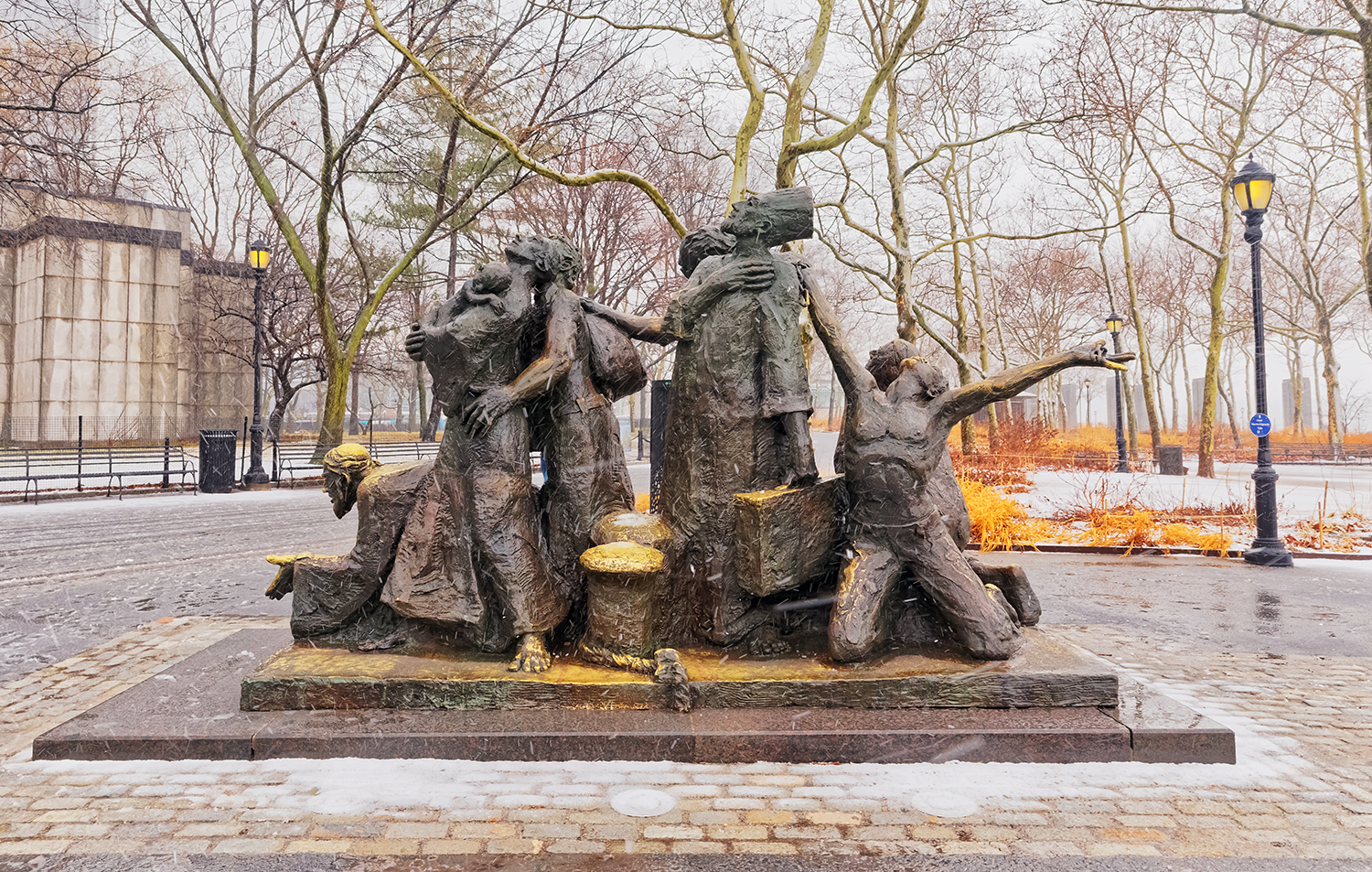Image credit: OPIS Zagreb / Shutterstock.com
One of the primary reasons I prefer to live outside of the United States is because of my passport privilege. I’m seen as an American first and Black second. That’s not my reality in my home country. Although I consider myself an expat, I feel like a refugee. Which made me think about the similarities between the words expat, immigrant, and migrant and their not-so-subtle meanings.
These terms are much more than ways we describe people who cross borders to work or leave their home country for another. To get academic, the Oxford Dictionary defines an ex-pat or expatriate as ‘a person who lives outside their native country’. While an immigrant is defined as ‘a person who comes to live permanently in a foreign country’. The difference in those definitions is surprisingly subtle.
According to the United Nations, an international migrant is “someone who changes his or her country of usual residence, regardless of the reason for migration or legal status”. The same site defines a refugee as “persons who are outside their country of origin for reasons of feared persecution, conflict, generalized violence, or other circumstances that have seriously disturbed public order and, as a result, require international protection”.
The only major distinction is that refugees flee their home-country for survival. Expats, immigrants, and migrants, on the other hand, choose to move abroad. However, the term expat is usually reserved for rich, educated, professionals. But is that just semantics? A feature by Mawuna Remarque Koutonin for The Guardian enlightened us to the fact that top African professionals working in Europe aren’t considered expats. “I’m a highly qualified immigrant, as they call me, to be politically correct,” shared an African migrant worker.
That’s evidence of the implicit bias of hierarchical words like expat. This reminds me that I too ignorantly enjoy the privileges of a racist system. It feels like the term expat is exclusively for Western people working abroad. While subtly implying that immigrants and migrants, especially from Black and brown countries are inferior. Most tourists get testy when their luggage is lost or delayed. Imagine having your children held in cages at the border. If there wasn’t a moral distinction between the terms expats and immigrants, more people would care about the Trump administration’s “zero-tolerance” policy, which resulted in the separation of an estimated 4,000 children from their parents at the Mexico-United States border.
There is also just a touch of fear-mongering associated with the term immigrant. Especially during and after the Trump-era Muslim bans and immigration bans. From “shit-hole countries” to “Bad Hombres” Trump hasn’t held his tongue when it comes to his preference for people from countries like Norway. The New York Times reported Trump said that people coming from Haiti “all have AIDS,” that Nigerian immigrants would never “go back to their huts” in Africa, and that Afghan immigrants come from a “terrorist haven.”
Currently, job security, national security, and racism seem to be reasons enough to perpetuate this supremacist ideology. As more of us begin to live borderless lifestyles, however, we must acknowledge this as racist rhetoric. Redefining the terms expat, immigrant, and migrant will help reduce the ‘them versus us’ narrative that permits us to live in fear of change and the differences of others.
Do you prefer the expat recognition? Have you ever considered why?


